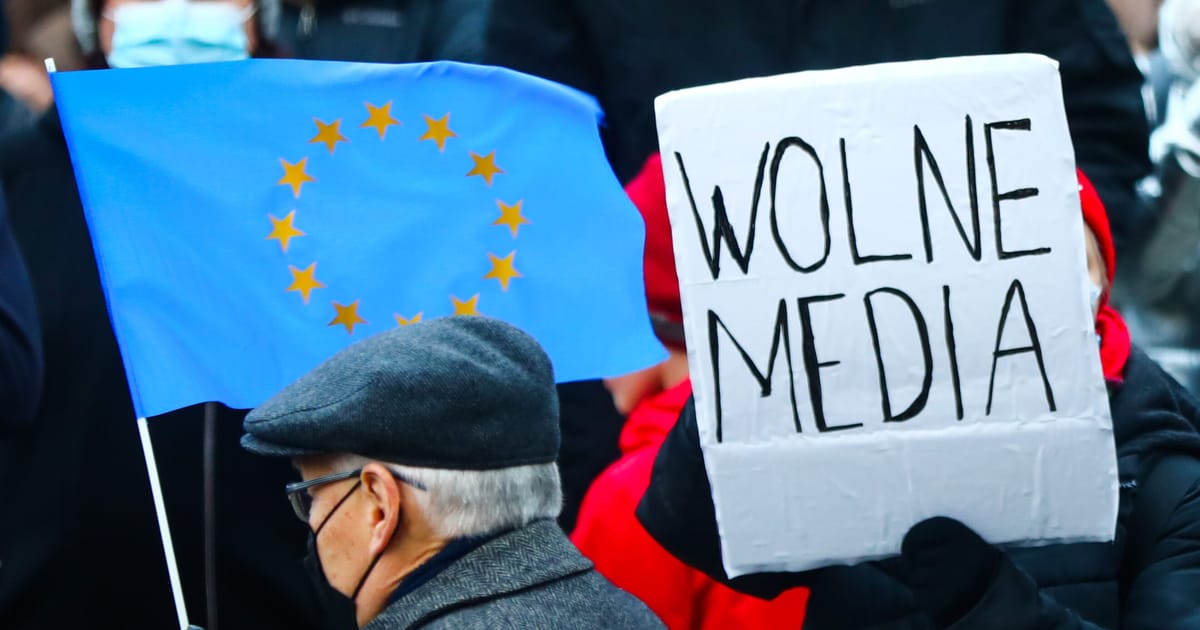France — which pushed hard to broaden the carve-out allowing governments to use spyware — has seen its new audiovisual reform, transposing parts of the EU’s new rules, face a long and bumpy road. Meanwhile, Germany — whose Länder, or states, opposed the EU law from the start over encroachment on regional powers — is now navigating a lengthy and complex legislative update.
Bruttin called on the Commission to keep up the pressure on reluctant countries and open infringement procedures against the most “recalcitrant.”
McGrath stressed that the “deadline gave member states the time needed to put national legislation in place and ensure compliance with these important provisions. We will now follow up with those that are not yet ready.”
The new battlefield
Part of the reason why EU countries are not champing at the bit to implement the new law is that some politicians believe they don’t need the media as they can “communicate through social networks where there are almost no checks against lies and propaganda,” said Pavol Szalai, head of the EU-Balkans desk at RSF.
He added that this, combined with a crisis of public trust, means politicians think they can leave the media “to die or give them the blow of mercy without citizens caring.”
To empower news outlets in the digital sphere, at a time when Big Tech firms turn away from fact-checkers, the rulebook introduced a new obligation for social media giants like Facebook, Instagram or X to wait 24 hours to take down or restrict a post or account by self-declared media providers that may breach their own housekeeping rules — giving them time to challenge the decisions.
